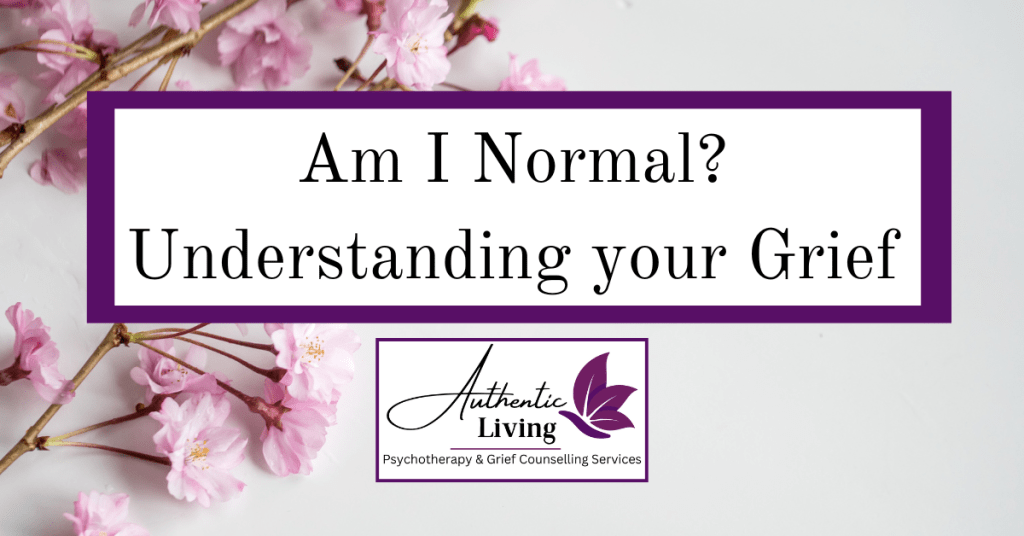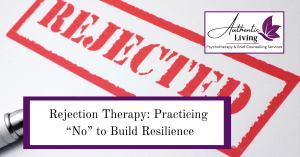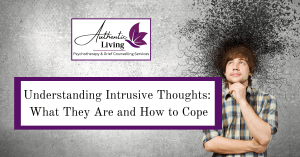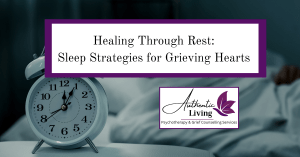Grief can make you feel like your world has turned upside down. You might cry unexpectedly, feel numb, laugh at strange moments, or wonder why you aren’t feeling anything at all. If you’ve found yourself asking, “Is this normal?”—you’re not alone.
At Authentic Living London, one of the most common questions we hear is:
“Am I grieving the right way?”
Or more often:
“Is this normal?”
Let’s talk about what grief really looks and feels like, and why there is no such thing as a “normal” way to grieve.
What Is Grief, Really?
Grief is a natural response to loss. It can happen when someone you love dies, but it can also come from losing a job, your health, a relationship, a pet, a dream, or even a sense of identity. It’s not just one emotion—it’s a full-body experience that can affect how you feel, think, sleep, eat, and interact with the world.
Common grief responses include:
Sadness, crying spells
Anger or irritability
Numbness or feeling disconnected
Guilt or regret
Relief (especially after long illness or suffering)
Trouble concentrating
Physical symptoms like fatigue, nausea, or body aches
A sense of meaninglessness
You might experience some, all, or none of these. And your emotions might change day to day—or hour to hour.
There’s No “Right Way” to Grieve
Grief doesn’t follow a tidy script. It doesn’t have a fixed timeline. Some people feel intense pain immediately. Others go numb for months before it hits them. Some feel relief, then guilt for feeling relief. Others swing between sadness and moments of joy or even laughter. All of these are valid.
You may have heard that people grieve in stages—which leads us to a popular (and problematic) theory.
The Truth About the Five Stages of Grief
You’ve probably heard of the Five Stages of Grief: denial, anger, bargaining, depression, and acceptance. This model was developed by psychiatrist Elisabeth Kübler-Ross in the 1960s—not to describe grief from a loss, but the emotional process people go through when facing their own terminal illness.
Over time, the theory was applied to mourning, but that was never its original intent. Many people now feel confused or ashamed when their grief doesn’t line up with these stages.
Here’s what’s wrong with the five stages when it comes to grief:
They suggest a linear process. Real grief is unpredictable. You may revisit anger, sadness, or numbness many times—and not in a set order.
They don’t account for cultural, spiritual, or personal differences.
They often leave people feeling like they’re “failing” at grief if they don’t experience every stage, or if their emotions show up in a different order.
In truth, grief is not a checklist. It’s a personal, emotional, and physical process that varies widely from person to person.
So… Am I Normal?
If you’re asking this question, the answer is almost always: yes.
Your grief might feel messy, strange, or different from what others expect. That doesn’t make it wrong—it makes it yours.
You are normal if:
You cry every day—or hardly at all.
You feel okay for weeks—then suddenly can’t get out of bed.
You’re angry at the person who died.
You feel relief that someone’s suffering is over.
You laugh at a memory when others are quiet.
You need to be around people—or you need to be alone.
You want to talk about your loss—or avoid it entirely.
Grief is not a disorder. It’s not something to cure or fix. It’s something to carry, and with time and support, something you can integrate into your life.
Why We Ask “Am I Normal?”
Grief can feel isolating. Our culture often avoids talking about death and loss, leaving people unsure how to act or what to feel. When grief shows up in unexpected ways—like numbness instead of tears—many worry something is wrong.
The question “Am I normal?” really means:
“Is it okay to feel this way?”
“Am I doing this right?”
“Will I ever feel okay again?”
At Authentic Living London, we believe there’s no wrong way to grieve. What matters most is that you feel seen, supported, and not judged.
When to Seek Support
Even though grief is a normal part of life, it can sometimes feel overwhelming. You might consider talking to a grief-informed therapist if:
You feel stuck or disconnected from life for a long time
You’re experiencing panic attacks, suicidal thoughts, or major depression
You’re using substances or other harmful behaviors to cope
You feel pressure to “move on” but know you haven’t processed your loss
You don’t need to be in crisis to seek help. Therapy can provide a safe space to express what you’re feeling, at your own pace, with someone who understands the grief process.
You Don’t Have to Navigate This Alone
At Authentic Living London, we know that every grief story is unique. Our team includes grief-informed therapists—many with lived experience of grief themselves—who offer compassion, support, and tools to help you move toward healing without pressure to “get over it.”
You don’t have to grieve alone.
And you don’t have to ask, “Am I normal?”—because if you’re grieving, you already are.

Lizanne Hills
Registered Psychotherapist -Qualifying Addictions Certificate
Areas of Focus: Grief, Addictions, Family Therapy, Couples Therapy, Trauma/PTSD, Children’s Grief, Autism Spectrum Disorder, Life Transitions





